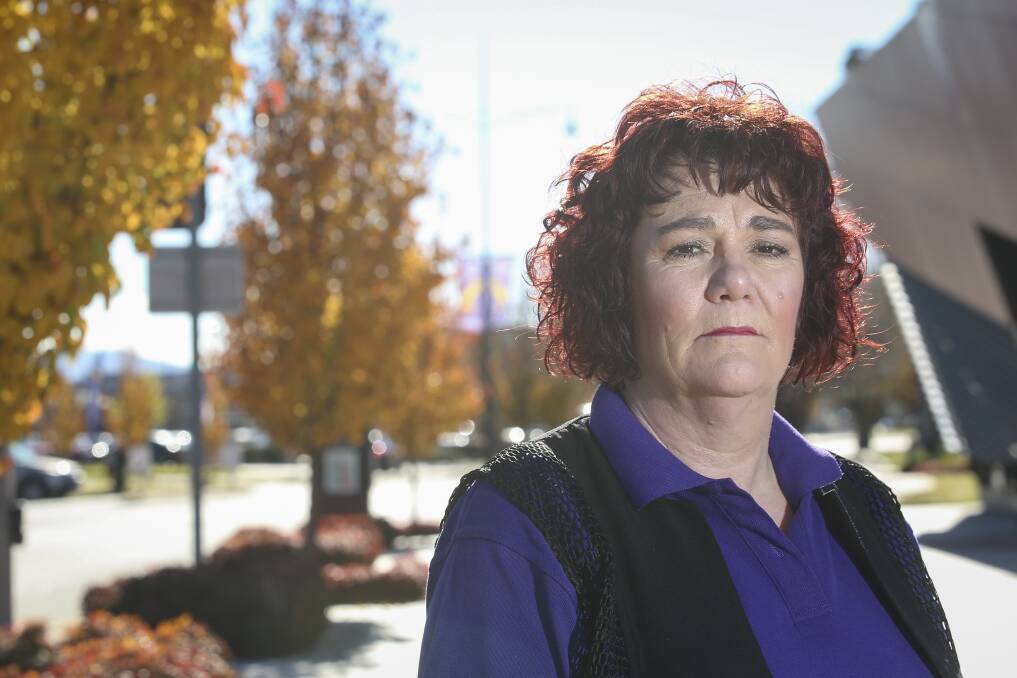
Tomorrow marks one year since Maria Berry first told The Border Mail her story of the fight against elder abuse in her family.
Subscribe now for unlimited access.
$0/
(min cost $0)
or signup to continue reading
The burden of the injustice was heavy then, but now the plight of others also sits on her shoulders.
Immediately after the article was published, she was flooded with anecdotes of mothers and fathers exploited by their own flesh and blood or neglected by the aged care system.
Mrs Berry has been contacted by four more people since May alone.
“People think we’re not touched by it in this area – but we are and it’s huge,” she said.
“Two families that have contacted me are just so traumastised by what happened they want to come forward, but it’s very raw.
“I’ve had a staff member contact me who has been bullied and victimised, and she is taking it further.
“I know she’s got a tough road ahead of her; to have the courage to stand up is huge.”
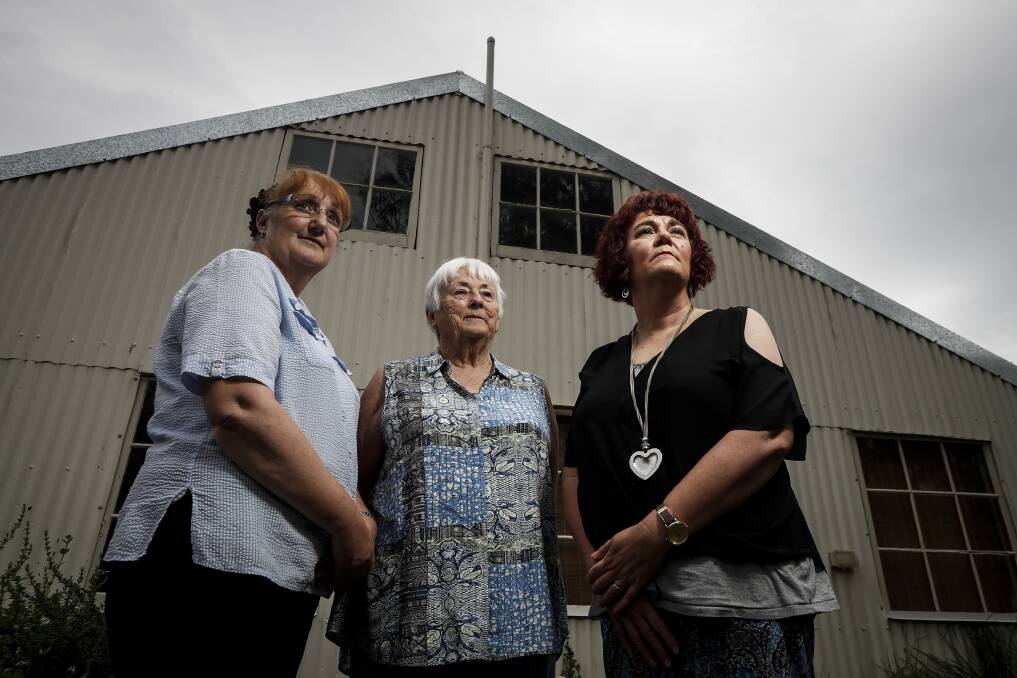
It’s courage that took Mrs Berry to the doors of then Aged Care Minister Sussan Ley and now, Ken Wyatt.
She has been in talks with the Department of Health and Human Services about a North East forum and wants to start a working group locally.
At a national level, it’s hoped the Australian government will take the lead in establishing a plan to address the issue, as recommended this week by the Australian Law Reform Commission.
The government must also decide whether to adopt 42 other recommendations, including establishing a national online register of enduring documents, “adult safeguarding laws” and a clause in the Code of Banking Practice that ensures banks take reasonable steps to prevent the financial abuse of vulnerable customers.
Senior Rights Victoria manager Jenny Blakey welcomed the report’s findings, including that the first national prevalence study needed to be undertaken.
“We also think it’s important there’s a body where powers of attorney are registered,” she said.
“Otherwise, there is a risk of them being used without the older person knowing, or it being used in a way that’s incorrect.
“We also think there needs to be some power and resourcing given to the state and territory public advocates to investigate where there might be concerns around elder abuse.”
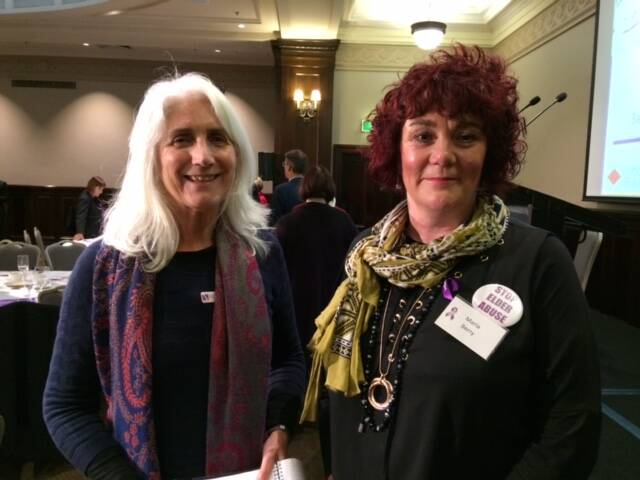
An independent body to oversee a new serious incident response scheme has been recommended to pick up abuse occurring within the aged care sector.
Mrs Berry said importantly, the definition of a “serious incident” should be extended to include neglect and financial abuse, as suggested in the report.
“Stating sexual and physical abuse are the only forms of reportable abuse is a major problem,” she said.
“We need organisations to be more accountable and give safe avenues for staff to report abuse.
“They’re being bullied and it’s being covered up – I’ve seen it and I’m hearing it.”
Lack of staffing can lead to instances of inadvertent abuse of elders; e.g. when residents unable to speak up for themselves are left for hours in soiled beds because staff are busy attending to other, more vocal residents.
Then on the extreme end of the spectrum: I witnessed multiple, daily examples of residents who were unable to communicate being abused including a resident (who was) not secured in a hoist, dropped through and broke (an) arm – died soon after.
These are some of the chilling submissions published in the report: Elder Abuse – A National Legal Response, and for Maree Bernoth, they are examples of what happens when there is inadequate staffing in aged care facilities.
The Charles Sturt University Associate Professor said it was time to staff to investigate resident ratios – as there is no legal requirement, except for in Victorian public facilities.
“We need to do some research into what those ratios look like in reality,” she said.
“The Aged Care Act says a facility must have sufficient staff with appropriate qualifications to provide the care required.
“Who determines how many staff is ‘sufficient’ and what the needs are of the residents?
“Ratios need to be mandated; there needs to be a mix of registered and enrolled nurses and they all need to be qualified.”
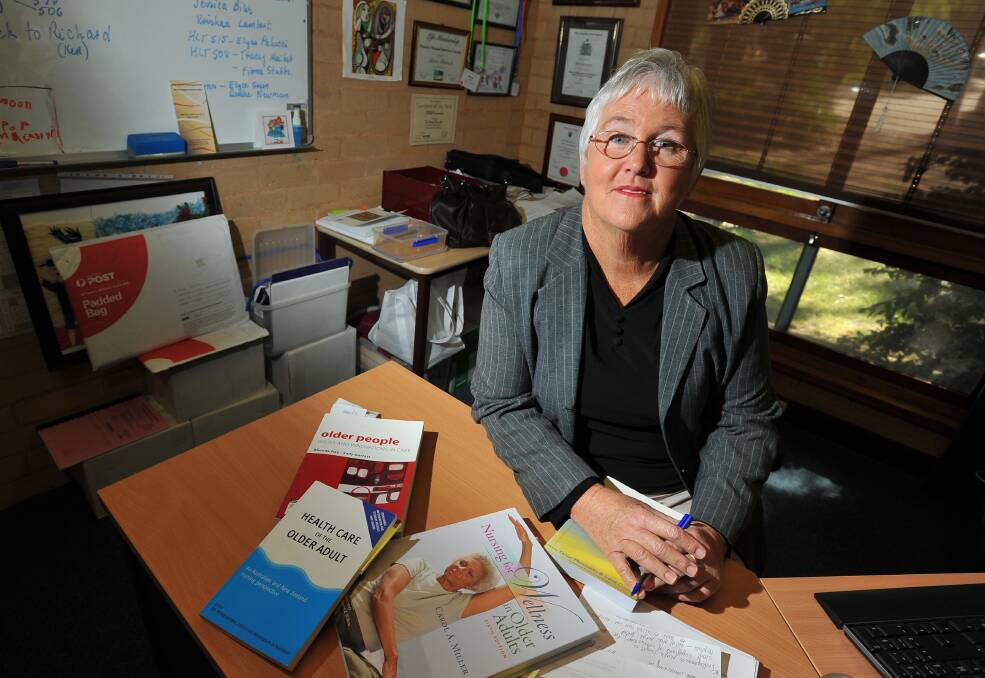
The make-up of the aged care sector has changed dramatically in the past decade; the ALRC report stated the number of registered and enrolled nurses had decreased, and the proportion of assistants in nursing had increased to 70 per cent of workers.
Ms Bernoth, who entered the sector in 1985, said the low percentage of registered nurses was not “appropriate”, as they had the expertise integral to optimal care of patients.
“We need to have a much higher proportion of registered and enrolled nurses working with people with high-care needs,” she said.
“Only last month, the NSW government voted against a requirement that a registered nurse be on duty around the clock in high-care facilities.
“My concern is for the impact that will have on our frail older people who have really complex care needs.”
If the Australian government adopts all 43 recommendations, the Department of Health will be tasked with ensuring research is done into optimal staffing models and levels in aged care.
But Ms Bernoth is worried this latest report will sit on the shelf, like so many others.
“I’d like to see a royal commission and a whole overhaul; we have these bits and pieces inquiries, nothing happens and we end up with a patchwork quilt,” she said.
“I don’t think there’s the political will – I don’t see anything happening until the community start to pressure politicians to make things happen.”
Older people seeking support is the sixth most common case lawyers at Hume Riverina Community Legal Service take on, and there is evidence of elder abuse everywhere.
Principal Lawyer Sarah Rodgers referenced four such cases to the elder abuse inquiry, including where one elderly man didn’t realise his daughter had emptied his bank account until he tried to pay his nursing home bill.
“There would be a lot more people experiencing elder abuse that aren’t engaging with our service,” she said.
“It’s really heartbreaking when you see family members taking advantage, particularly of their parents and they think they have a right to money or property.
“The elderly person doesn’t want to take up the options we give them, because they don’t want to take action against a family member – what is the solution to that?
“There’s definitely work to be done to change attitudes in the community.”
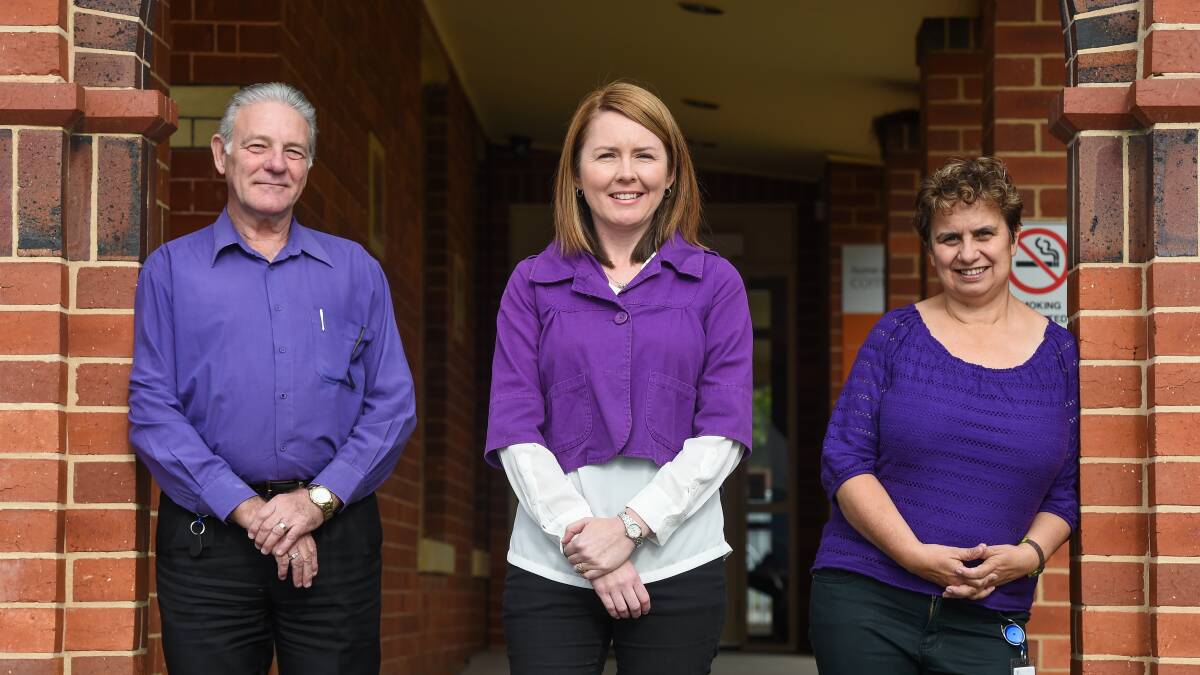
Ms Rodgers said whatever plan was made to act on elder abuse, it could not be undermined by borders.
“There’s different terminology in Victoria compared to NSW for power of attorney and enduring documents,” she said.
“These things can be navigated if people get legal help, but it doesn’t help if the laws are different.”
Ms Rodgers said a lawyer continued to be stationed at health services once a week, but health and community organisations could do more to catch people at risk.
“We talked in our submission to the law reform inquiry about the police having a bit more of a role to play in helping elderly people with intervention orders or even just having a talk to the family,” she said.
“We need to get elderly people legal advice in the first place and we need stronger recognition of elder abuse in law.
“I don’t know what the solutions are … it’s an issue we want to see improved.”

